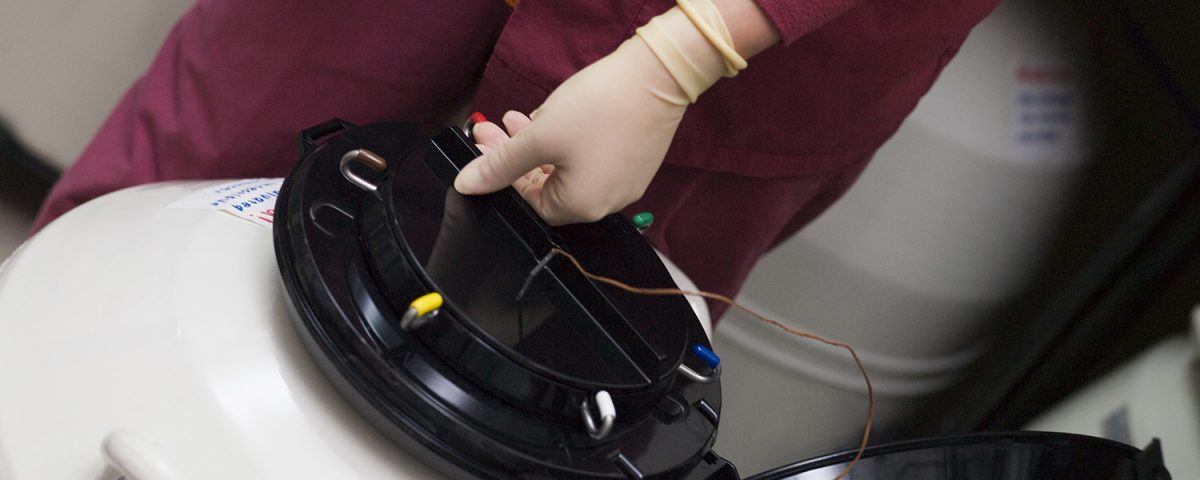
What is a mosaic embryo?
March 24, 2018
What You Need To Know When Using a Surrogate Mother
May 11, 2018Arizona, our Southern California neighbor, became the first state in the nation to mandate legislation for the dispute arising from embryos created from a couple who are in the process of divorcing. The state legislation has determined that the frozen embryos will go to the intended parent who wants them “to develop to birth.” This was signed into law recently by Arizona Governor Doug Ducey and also received the support of anti-abortion groups. According to the new law, cases where embryos became babies, the “parent” who did not want the embryo to be used will not carry parental responsibilities and therefore would not have to provide child support.
Although the law passed, members who opposed the measure, like the Center for American Policy stated, “a spouse should not lose rights to his or her in vitro embryos in a divorce dispute simply because the other spouse no longer wants to be a parent.”
According to recent reports, there are more than a million frozen embryos stored in reproductive clinics across the United States. Part of the reason for this increase is the frequency in couples opting for IVF procedures, for medical and personal reasons. In 2015, in vitro fertilization in the US helped nearly 68,000 women become mothers. Several couples undergoing IVF have extra embryos created. The extra embryos created are frozen in liquid-nitrogen tanks for long term storage for a sibling or another attempt, if prior cycle was unsuccessful. Across the US, there are more than 620,000 frozen embryos that are cryopreserved according to the Dept of Health & Human Services.
Fertility clinics have legal consents forms signed by both members of the couple for the disposition of their embryos before the embryos are created. Therefore, if couples would divorce or separate, it is already predetermined what would happen to the disposition of the embryo(s). Most states will uphold what was executed in the consent forms, however, given the new Arizona state law, other states may follow. CACRM works with a team of Reproductive Law Specialists to help all our patients if any legal issues should arise.


